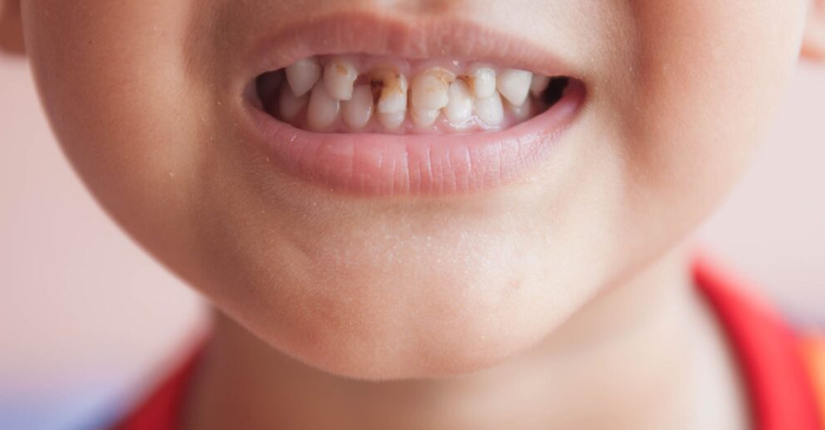7 SIGNS THAT YOUR CHILD MAY HAVE DIABETES
By Nmami Agarwal 11-Feb 2023 Reading Time: 6 Mins

Type 1 diabetes in children is a condition in which your child’s body no longer produces an important hormone (insulin). Your child needs insulin to survive, so the missing insulin needs to be replaced with injections or with an insulin pump. Type 1 diabetes in children used to be known as juvenile diabetes or insulin-dependent diabetes.
The diagnosis of type 1 diabetes in children can be overwhelming, especially in the beginning. Suddenly you and your child — depending on your child’s age — must learn how to give injections, count carbohydrates and monitor blood sugar.
There’s no cure for type 1 diabetes in children, but it can be managed. Advances in blood sugar monitoring and insulin delivery have improved blood sugar management and quality of life for children with type 1 diabetes.
Causes
The exact cause of type 1 diabetes is unknown. But in most people with type 1 diabetes, the body’s immune system — which normally fights harmful bacteria and viruses — mistakenly destroys insulin-producing (islet) cells in the pancreas. Genetics and environmental factors appear to play a role in this process.
Once the islet cells of the pancreas are destroyed, your child produces little or no insulin. Insulin performs the critical job of moving sugar (glucose) from the bloodstream to the body’s cells for energy.
Sugar enters the bloodstream when food is digested. Without enough insulin, sugar builds up in your child’s bloodstream. This can cause life-threatening complications if left untreated.
Risk factors
Type 1 diabetes most often occurs in children but can occur at any age. Risk factors for type 1 diabetes in children include:
- Family history. Anyone with a parent or siblings with type 1 diabetes has a slightly increased risk of developing the condition.
- Genetics. Certain genes indicate an increased risk of type 1 diabetes.
- Race. In the United States, type 1 diabetes is more common among white children of non-Hispanic descent than among children of other races.
- Certain viruses. Exposure to various viruses may trigger the autoimmune destruction of the islet cells.
Signs and symptoms
The signs and symptoms of type 1 diabetes in children usually develop quickly, and may include:
- Increased thirst
- Frequent urination, possibly bed-wetting in a toilet-trained child
- Extreme hunger
- Unintentional weight loss
- Fatigue
- Gum and tooth decay
- Irritability or behavior changes
- Fruity-smelling breath
What is the relation between Type1 Diabetes and oral health?
A manifestation of type 1 diabetes in children is tooth decay. High levels of sugar in the mouth can provide an ideal environment for bacteria to thrive and produce acid, which can erode the enamel on the teeth and lead to cavities. Children with type 1 diabetes are also more prone to dry mouth, which can reduce the amount of saliva in the mouth and make it more difficult for the teeth to neutralise harmful acids.
It is important for children with type 1 diabetes to maintain good oral hygiene practices, such as brushing twice a day with fluoride toothpaste, flossing regularly, and visiting their dentist regularly for cleanings and check-ups. By keeping their blood sugar levels under control and practising good oral hygiene, children with type 1 diabetes can maintain healthy teeth and gums and reduce their risk of oral health problems.
See your child’s healthcare provider if you notice any of the signs or symptoms of type 1 diabetes.
Prevention
There’s currently no known way to prevent type 1 diabetes, but this is a very active area of research.
The antibodies associated with type 1 diabetes in children with a high risk of the disorder can be detected months or even years before the first symptoms of type 1 diabetes appear. Researchers are working on:
- Preventing type 1 diabetes in people who have a high risk of the disease
- Preventing further destruction of the islet cells in people who are newly diagnosed
In conclusion, type 1 diabetes is a chronic autoimmune disease that can have significant impacts on the oral health of children. Children with type 1 diabetes are at increased risk for gum disease and tooth decay, and it is important for them to maintain good oral hygiene practices and keep their blood sugar levels under control to maintain healthy teeth and gums and practice of good health.





















